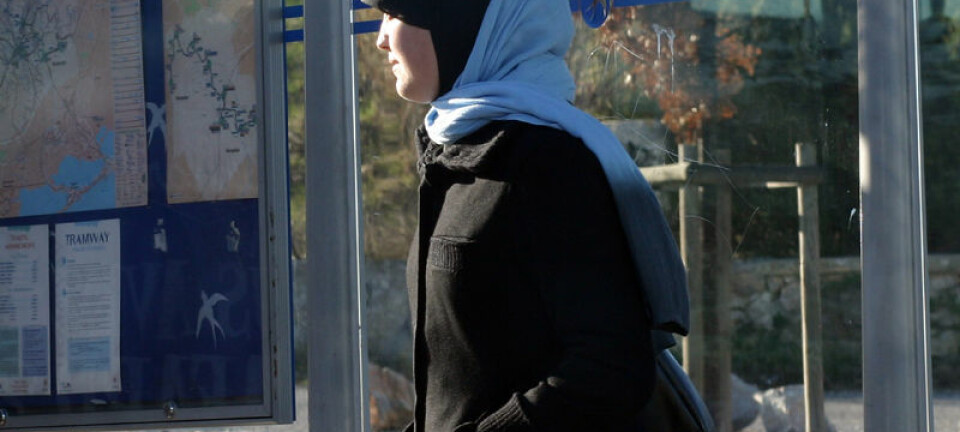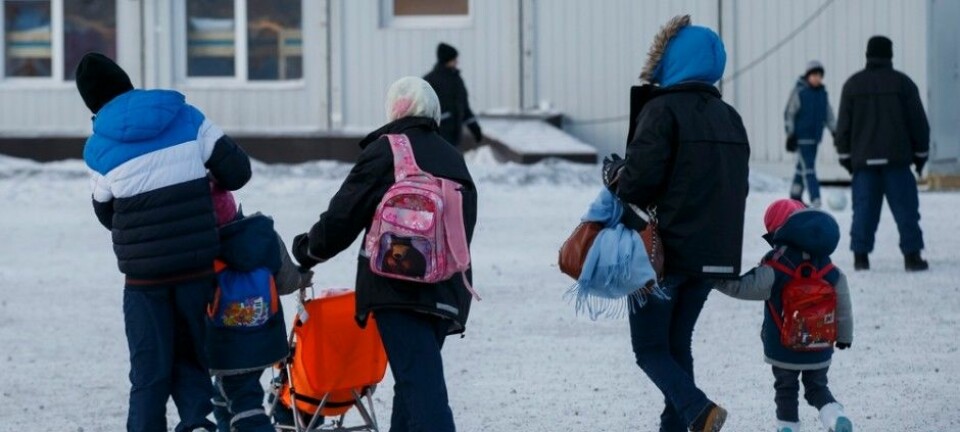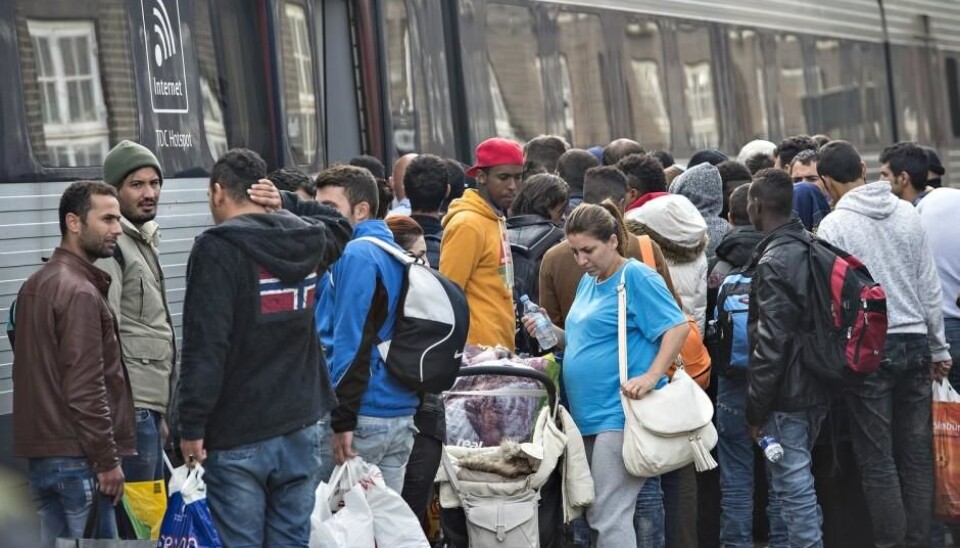
Sweden’s promise of a permanent home becomes migrant magnet
Asylum seekers have gone through the trauma of leaving their homes and families. The potential for a new stable life weighs strongly in their choices of where to seek safety.
While refugees leave their war-torn countries for essentially one reason—survival—many different reasons and factors, and a good bit of chance, decide where a refugee seeks asylum.
A new report commissioned by the Migration Studies Delegation, an independent committee, sheds light on reasons that have motivated Syrian refugees to come to Sweden. Roughly 40 per cent of Syria’s population is in flight, but only 4 per cent have found their way to Europe.
It turns out that Sweden’s promise of a permanent residence permit is a strong draw, the report shows – even more important, in this case, than existing networks or other family members.
“Seeking asylum in Europe means starting over, in a way. I'll start again and build my children’s future. That means I don’t want to live in a place where they’ll say in few years: ‘Goodbye now, it’s time for you to leave’,” said Ahlam, (35) a Syrian refugee who was interviewed for the report.
A chance to learn the language, find work
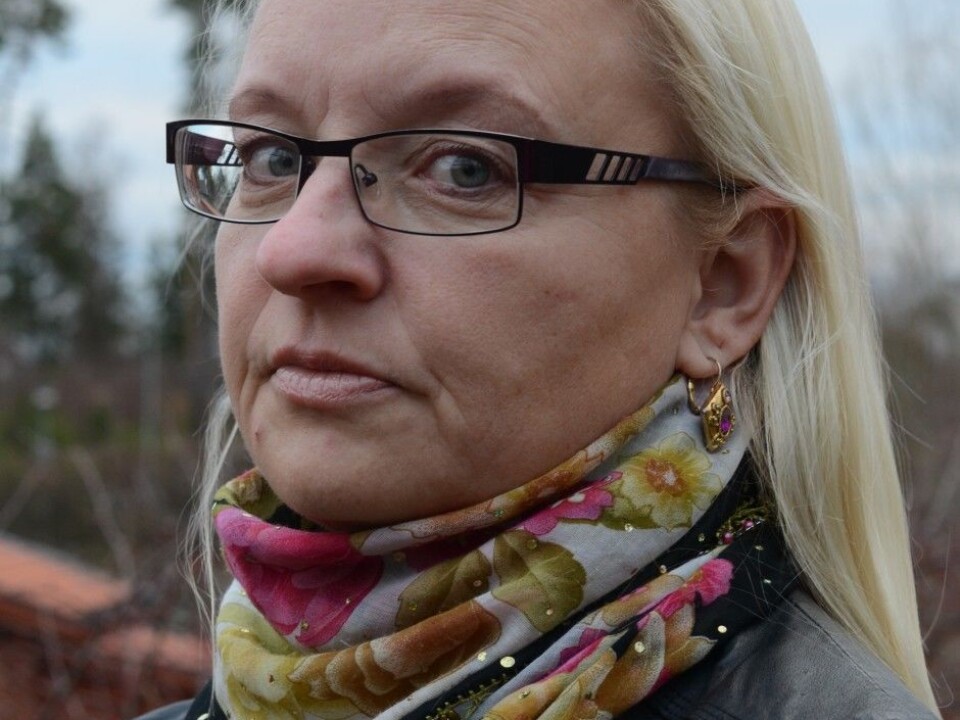
Emma Lundgren Jörum, a researcher at Uppsala University, interviewed Ahlam and 21 other Syrian refugees in Sweden for the Migration Studies Delegation report. Her goal was to find out why these refugees ended up in Sweden.
The Syrians Jörum interviewed said that a permanent residence permit would give them a stable existence so they could rebuild their lives. The ability to quickly gain Swedish citizenship was also a draw, since it would give them access to more rights, Jörum wrote in an email to forskning.no journalist Ida Kvittingen.
“They don’t have to worry that they will have to break up their lives again,” she wrote. “They can breathe easy and focus on learning the language and finding work.”
She thinks Sweden’s recent withdrawal of its promise of permanent residence to new migrants will change the choices refugees make. In this case, an existing network in the country where refugees are headed might have more to say in deciding which countries refugees seek asylum in, she believes.
“We cannot go back”
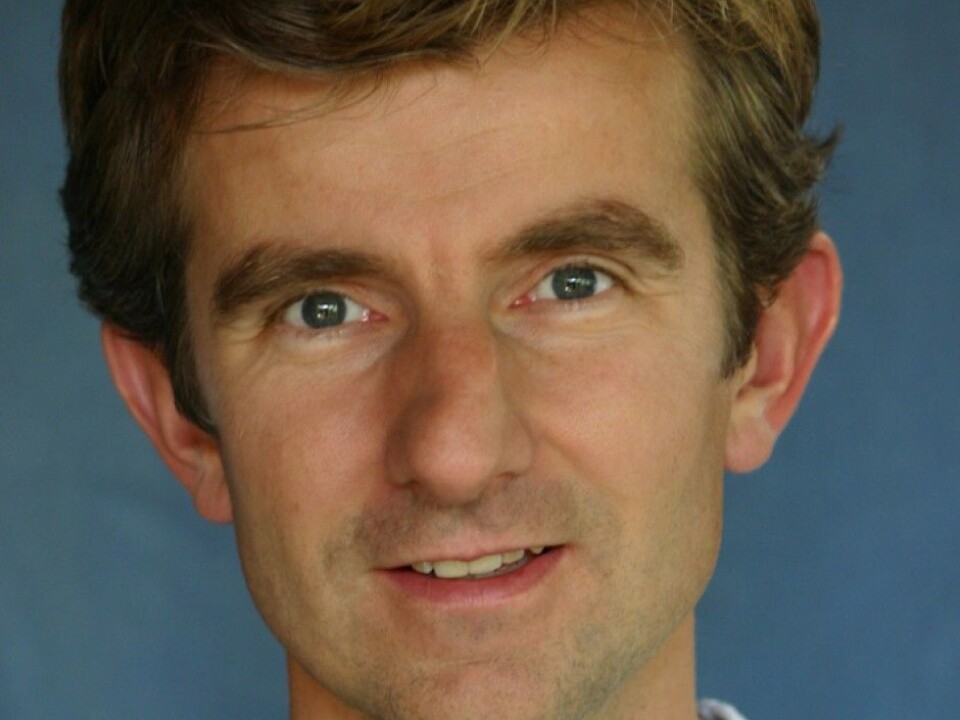
The 22 Syrians that Jörum interviewed did not anticipate returning to their homeland. They were between 24 and 52 years old and had different backgrounds in everything from education to religion. Most were smuggled into Europe by boat across the Mediterranean.
“Let’s be honest. Everyone knows that Syria will never be the same again. There’s no point in looking back, I’m 90 per cent sure that we are never going to be able to go back,” said George (24).
The small size of the study means that Jörum can’t say anything about Syrian refugees in general. But her findings confirm other research showing that there are complex reasons why migrants end up in a given country.
Among those reasons are that the country offers peace and security, a future with opportunities for school and work, a liberal asylum policy and vague rumours that the country is a good place to go to.
No connections to Sweden
Not surprisingly, asylum seekers also usually choose countries where they already have a network of family, relatives or friends.
But the 22 Syrian refugees in the study did not have a network or any other connection to Sweden before they moved to the country.
In fact, they saw the fact that there were other Syrians in Sweden as a negative, Jörum reported, in part because it would make it harder for them to learn Swedish.
Sweden was not always the first choice for those who had family or relatives in other countries. But the refugees decided it would be difficult to stay in the countries where they had connections.
Rumours and reputations
“It is obvious that the signal that Sweden sent about residency permits had a lot to say (about choices). Syrian refugees were clearly welcomed,” said Jan-Paul Brekke, a senior research fellow at the Norwegian Institute for Social Research and research leader at Ipsos.
The image of Sweden as a free democratic country with little xenophobia that helps refugees with housing and education also contributed to the decisions of refugees to come, Jörum’s interviews showed.
“I had heard a lot about Sweden,” said Ismail (29). “That it was the most beautiful Scandinavian country and the Scandinavian countries are better than other European countries and that Sweden is the best of them all.”
That may change, say Brekke and Jörum, as Sweden tightens its immigration policies in the wake of the flood of migrants who have come to the country over the past year.
“Destination Scandinavia has changed. The countries want to send a signal to asylum seekers that they should not come here unless they have a very good reason,” Brekke said.
-------------------------------------
Read the Norwegian version of this article at forskning.no
Scientific links
- Emma Jörum: Valet och vägen. En intervjustudie med nyanlända syrier i Sverige. Delmi rapport 2015: 8.
- Jan-Paul Brekke og Grete Brochmann: Stuck in Transit: Secondary Migration of Asylum Seekers in Europe, National Differences, and the Dublin Regulation. Journal of Refugee Studies, 28 (2) 2015. Online 30. september 2014. DOI: 10.1093/jrs/feu028.
- Jan-Paul Brekke og Monica Five Aarset: Why Norway? Understanding Asylum Destinations. Institutt for samfunnsforskning rapport 2009: 12.


